Healthy Ageing Month
Healthy Ageing Month is a great time to ‘check in’ with yourself and healthy habits. To celebrate Healthy Ageing Month, Ellen, our Health and Wellbeing Development Officer has compiled 10 tips for Aging Better.
1. Mind your diet
A well-balanced diet is an important part of maintaining good health and can help you feel your best. An ideal diet should be low in saturated fat, with lots of fruit and vegetables, wholegrains, oily fish, and small amounts of low-fat dairy and lean meat.
Don’t forget to drink water to avoid dehydration, which can make you feel tired and confused. Aim to have at least 8 glasses of water per day.
If you drink alcohol, keep at least two days per week booze-free to give your liver time to recover from the toxic effects of alcohol, and don’t exceed recommended daily limits for alcohol consumption.
Click here to see our nutrition webpage.
Click here to see our alcohol free days web page
Click here to watch Irish in Britain’s Thoughtful Thursday’s session on Brain Health and Alcohol
2. Brush your teeth
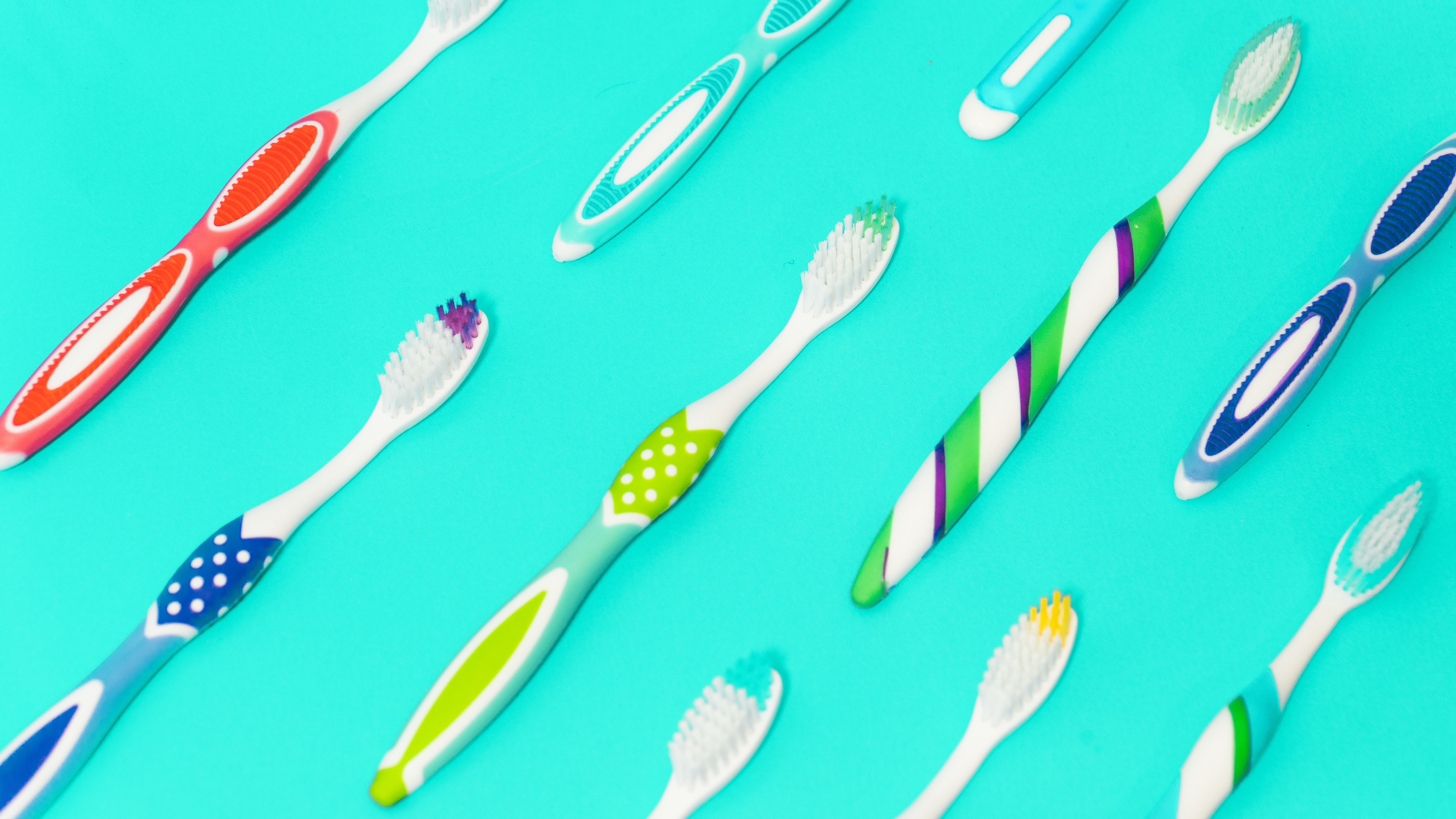 Did you know that oral health and heart disease are connected? This is by the spread of bacteria from your mouth to other parts of the body through the blood stream.
Did you know that oral health and heart disease are connected? This is by the spread of bacteria from your mouth to other parts of the body through the blood stream.
Brush your teeth twice a day and floss daily. Floss helps to prevent gum disease by removing pieces of food and plaque from between the teeth. If plaque is left to build up you might notice sore or bleeding gums, and gum disease can also be linked to diabetes, strokes, heart disease and rheumatoid arthritis.
Have regular check-ups and, if you wear dentures or have a bridge, ask your dentist to check that they fit properly.
3. Stay active
 Daily exercise helps you to stay strong and healthy. This will lower your risk of obesity, heart disease, stroke, diabetes, and even cancer. If that wasn't enough, staying active can boost your mood, improve your sleep, and give you more energy.
Daily exercise helps you to stay strong and healthy. This will lower your risk of obesity, heart disease, stroke, diabetes, and even cancer. If that wasn't enough, staying active can boost your mood, improve your sleep, and give you more energy.
Government guidelines recommend that older adults do 150 minutes of moderate intensity activity per week, as well as strengthening exercises twice a week.
If that sounds like a lot, start small and as you get stronger you will be able to work up to those amounts.
4. Make the most of your doctor
 It’s a good idea to get some routine tests done at the doctors to check your blood pressure and cholesterol levels. High readings increase your risk factor for stroke and heart disease, but any problems are completely reversible with medication.
It’s a good idea to get some routine tests done at the doctors to check your blood pressure and cholesterol levels. High readings increase your risk factor for stroke and heart disease, but any problems are completely reversible with medication.
Whilst you’re there, why not ask your doctor about the seasonal flu vaccine? It’s free once you reach 50, or if you have a health condition that puts you at risk of more serious problems if you caught the flu.
Read more about the autumn Covid booster and flu vaccine rollout here.
Click here to read our Autumn booster and flu vaccine information page
5. Get a vitamin boost
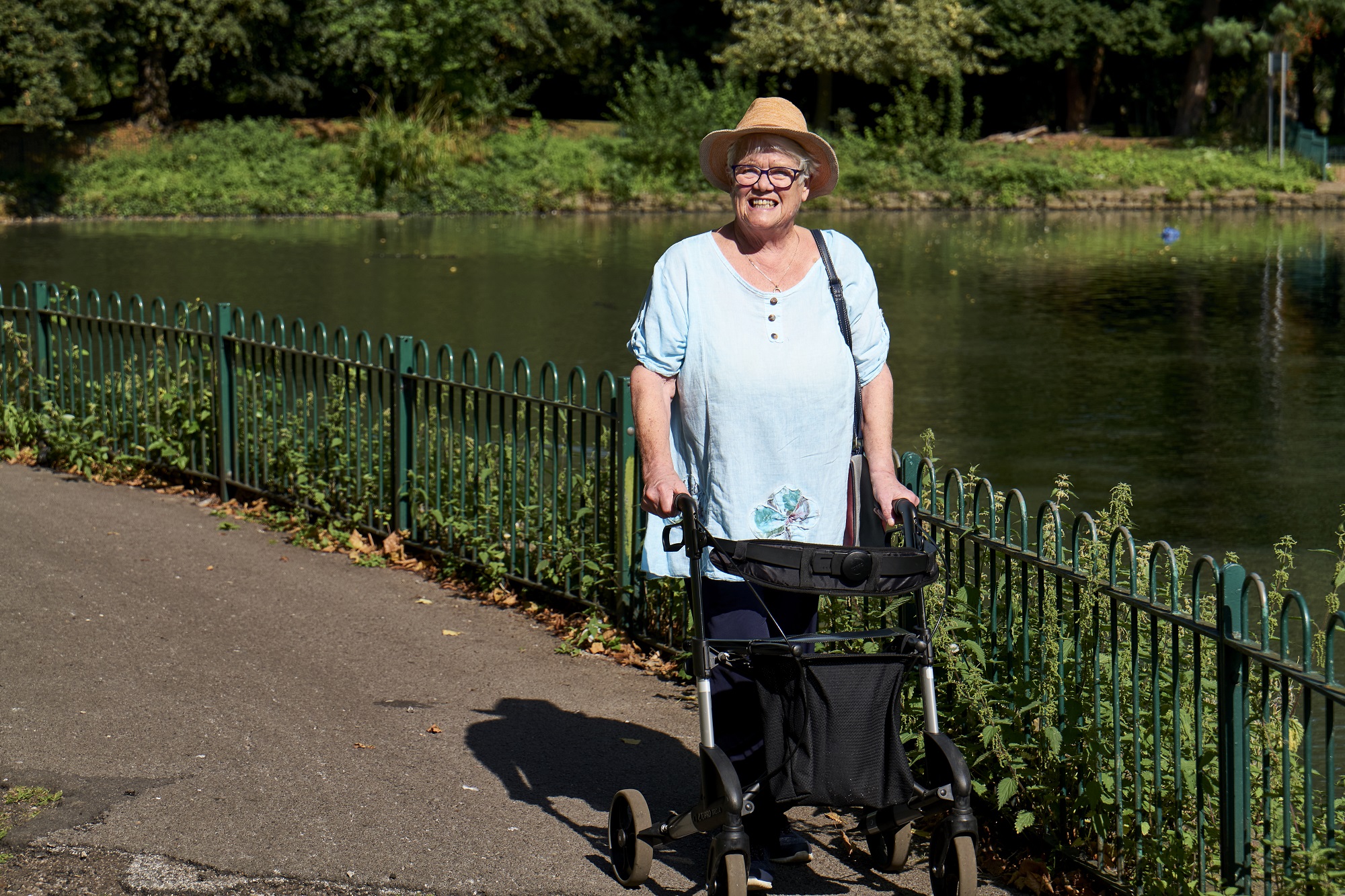 Lots of people have a vitamin D deficiency and don’t know it. In fact, it’s estimated that it affects half of the adult population. Vitamin D deficiency has been linked to cognitive impairment, cardiovascular disease and bone problems.
Lots of people have a vitamin D deficiency and don’t know it. In fact, it’s estimated that it affects half of the adult population. Vitamin D deficiency has been linked to cognitive impairment, cardiovascular disease and bone problems.
Try to get outside in the sunshine for at least 15-20 minutes a day for a vitamin D boost. It can also be found in food such as eggs and oily fish. Alternatively, talk to your doctor about a vitamin D supplement.
6. Take care of your feet
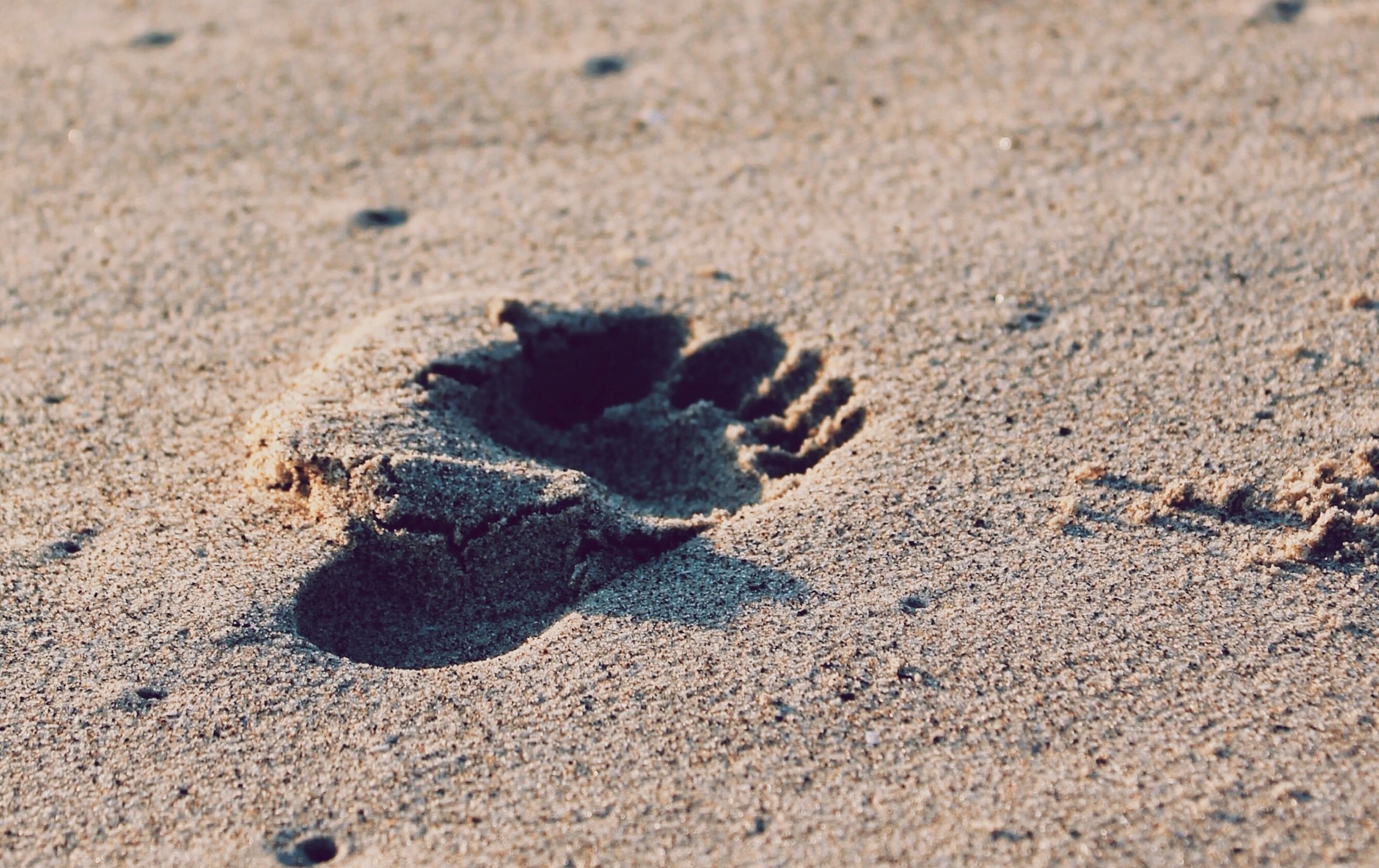 Look after your feet by applying moisturiser to prevent dry skin and cutting your toenails straight across. Make sure you have footwear that fits properly and supports your feet.
Look after your feet by applying moisturiser to prevent dry skin and cutting your toenails straight across. Make sure you have footwear that fits properly and supports your feet.
If they're sore you may be tempted to stay in slippers, but a pair of trainers could be a good option as they are more supportive.
Contact your doctor if your feet become painful, feel very hot or cold or if you have common problems like corns, bunions or ingrown toenails.
Click here to read more on how to look after your feet
7. Get a good night’s sleep
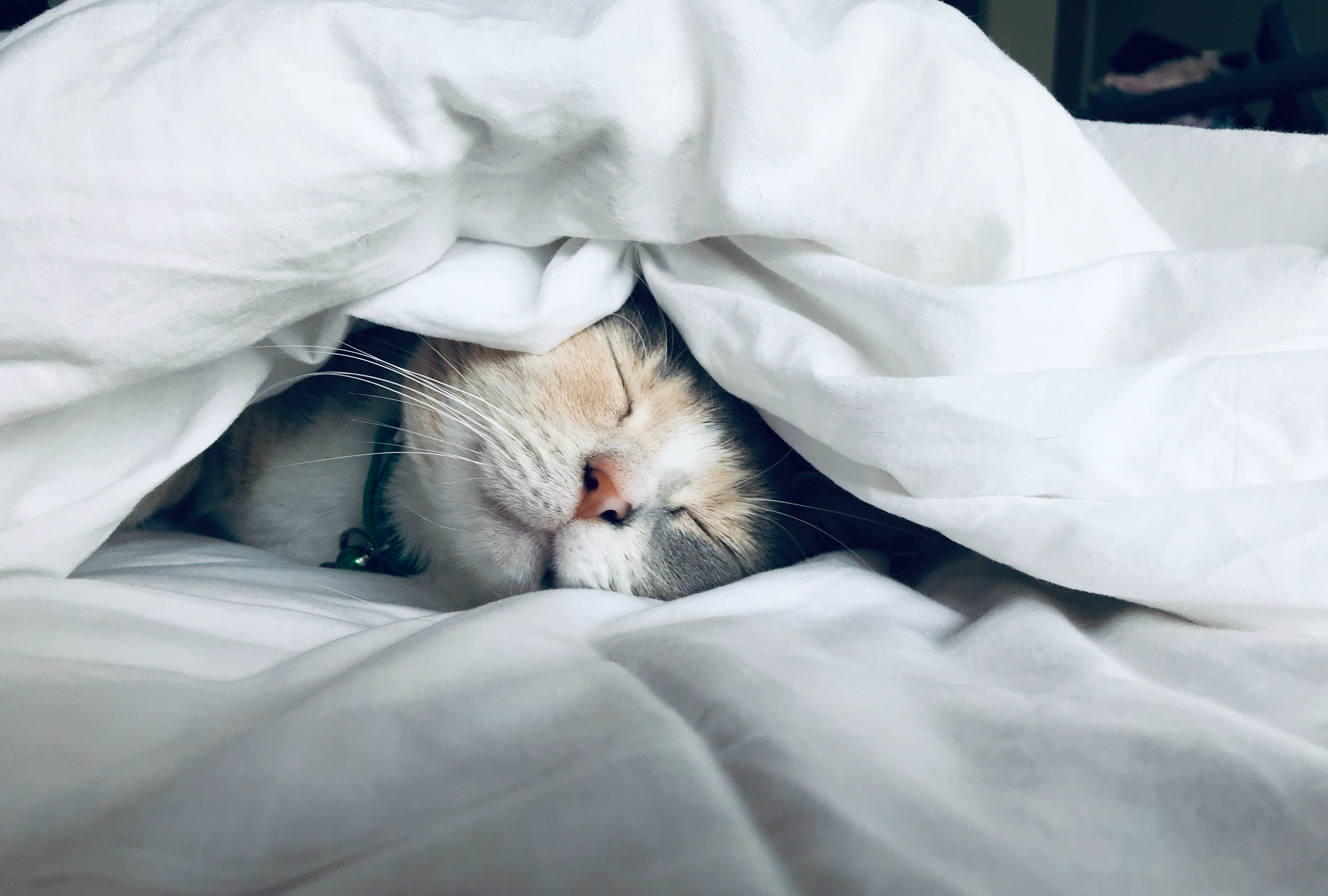 Many of us have trouble getting – or staying – asleep as we get older. This can leave you feeling tired and grumpy.
Many of us have trouble getting – or staying – asleep as we get older. This can leave you feeling tired and grumpy.
Avoid insomnia by cutting down on daytime naps, establishing a bedtime routine and going to bed at the same time each night.
Try a warm drink such as chamomile tea or hot milk before you go to bed.
Click here to read our Cuimhne Coordinator, Zibiah’s top tips for Brain Health- Sleeping Well
8. Get regular hearing and eyesight checks
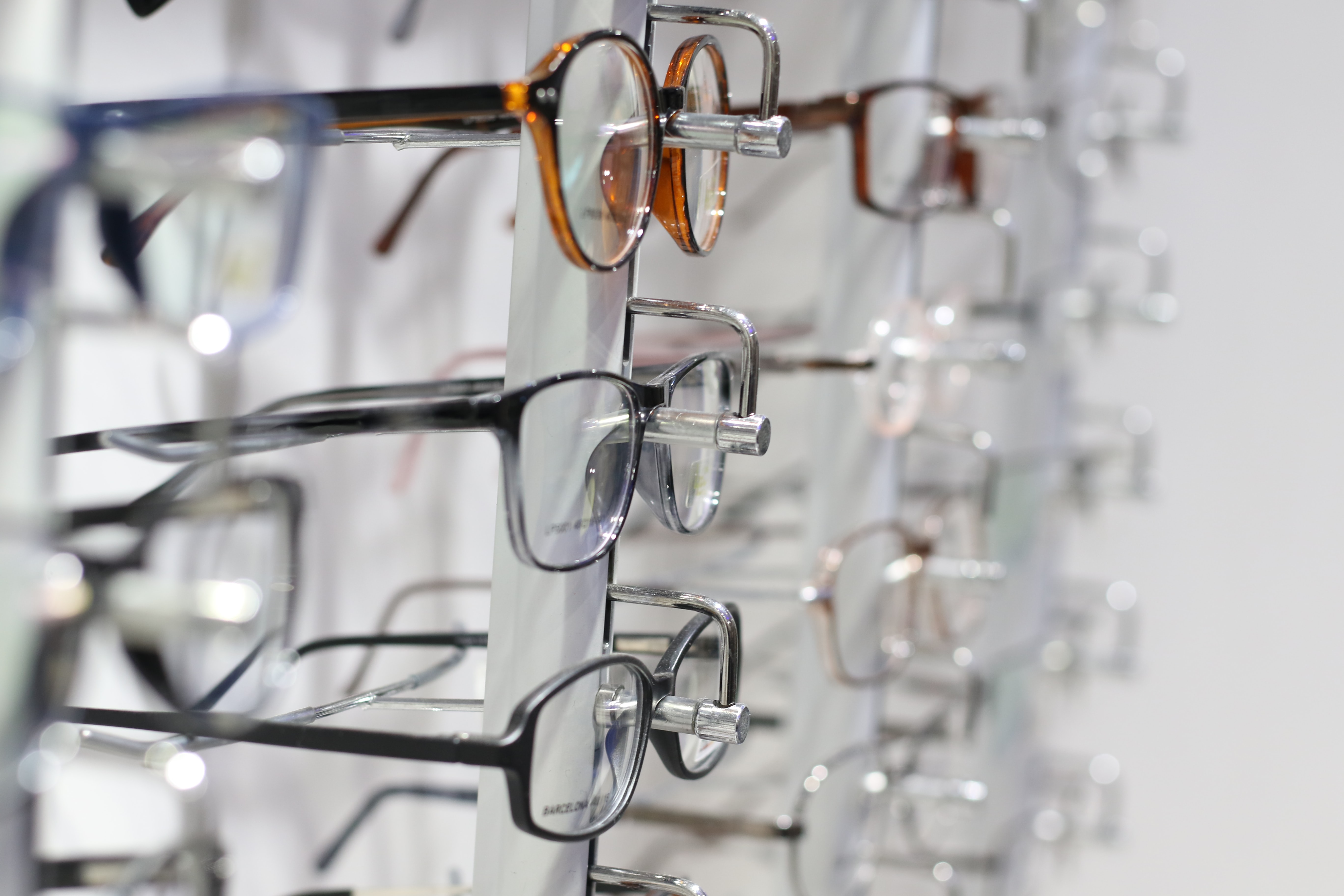 As we age our hearing and eyesight can be affected, so it’s important to get them checked regularly. Hearing loss is common in older people so speak to your GP if you have to have the TV on loud or have trouble tuning into conversations. If you need a hearing aid, some are available on the NHS.
As we age our hearing and eyesight can be affected, so it’s important to get them checked regularly. Hearing loss is common in older people so speak to your GP if you have to have the TV on loud or have trouble tuning into conversations. If you need a hearing aid, some are available on the NHS.
Have your eyes checked every year if you are aged 70 or over, and every two years if you are under 70. This means that changes in your vision can be corrected, and any problems can be picked up before they seriously affect your sight. Eye tests are free if you are over 60.
Click here to read the NHS webpage on hearing aids and implants
Click here to read the NHS webpage on eligibility for free eye tests
Click here to watch Irish in Britain’s Thoughtful Thursday’s session on hearing loss
9. Stay in touch
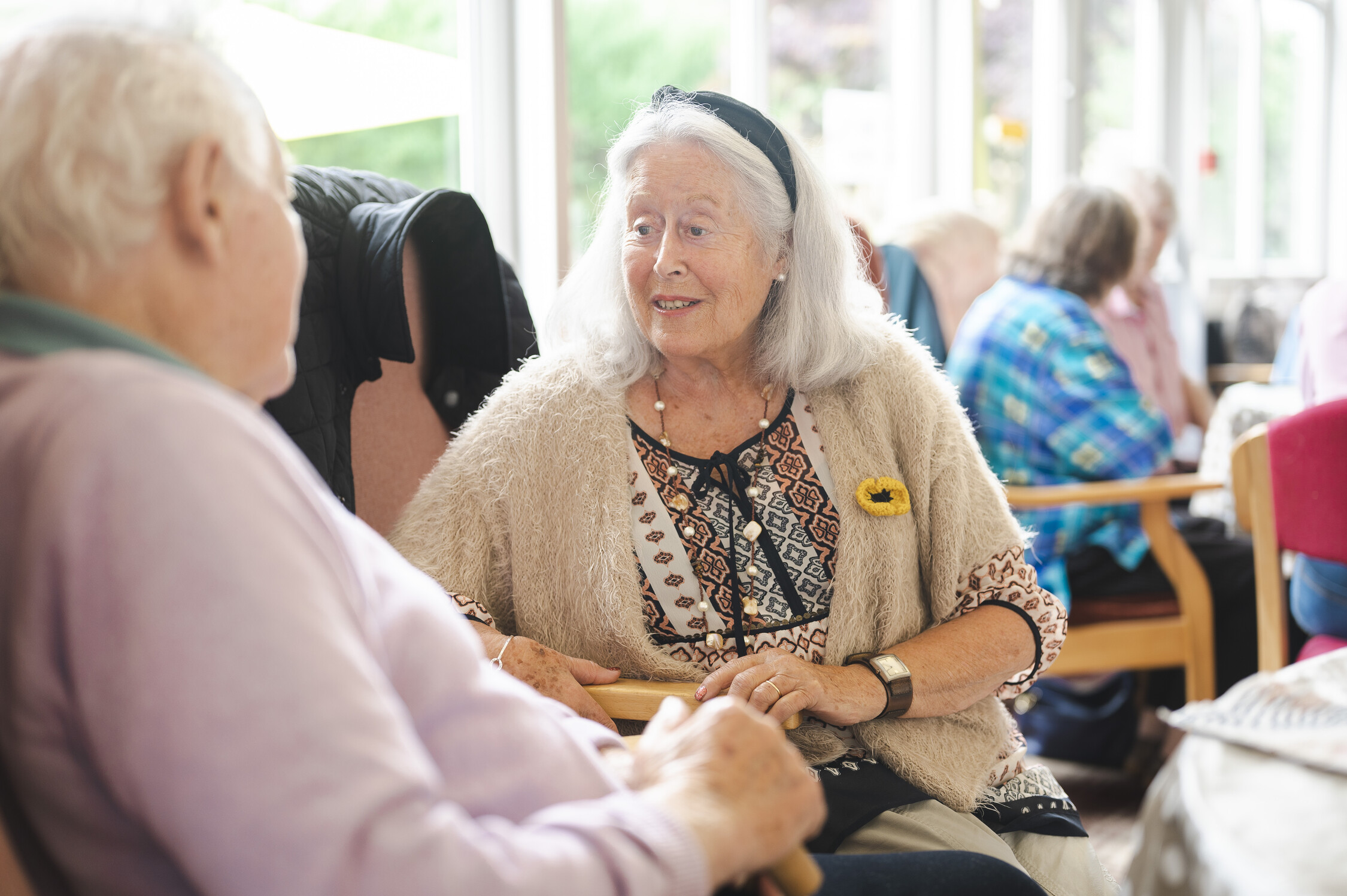 Spending time with other people can prevent you from feeling lonely or anxious. If you find that you are no longer able to do the things you used to do, try to develop new hobbies and interests, or think about becoming a volunteer.
Spending time with other people can prevent you from feeling lonely or anxious. If you find that you are no longer able to do the things you used to do, try to develop new hobbies and interests, or think about becoming a volunteer.
Use Zoom or Skype to make video phone calls to friends and family who don’t live nearby.
Click here to find out more about AgeUK’s befriending services
10. Quit smoking
 Stopping smoking is one of the best things you will ever do for your health.
Stopping smoking is one of the best things you will ever do for your health.
When you stop, you give your lungs the chance to repair and you will be able to breathe easier. There are lots of other benefits too – and they start almost immediately.
Click here to get an NHS free Personal Quit Plan
For this information and more, click here to access AgeUK's Health and Wellbeing section.